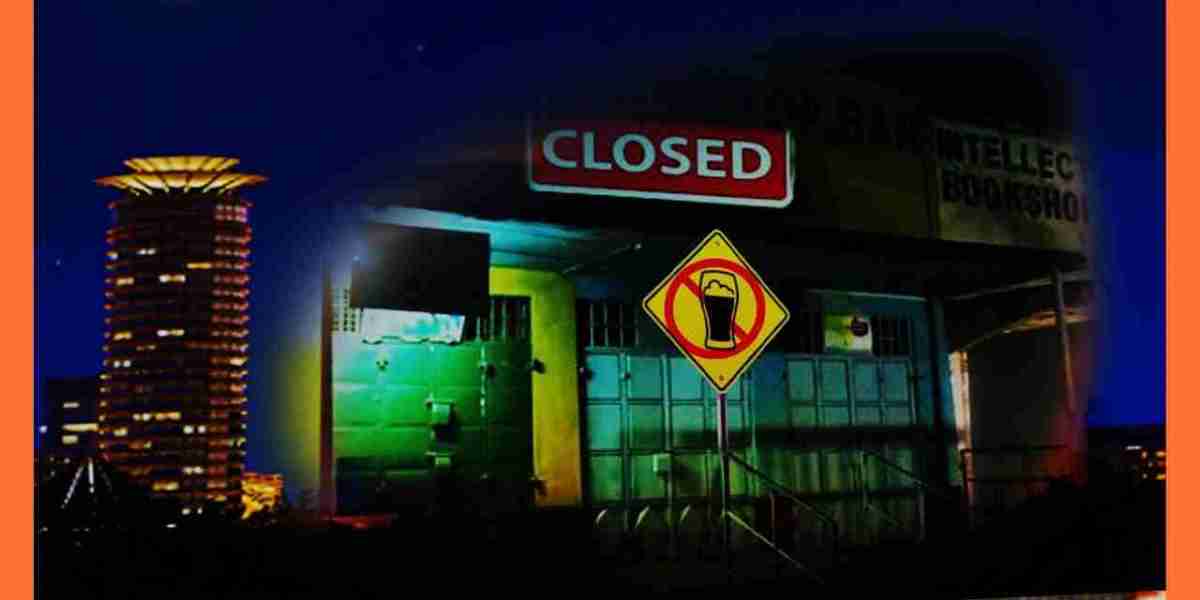The challenge against closure orders by bars, hotels, and liquor traders typically arises amidst regulatory actions or government directives aimed at controlling or mitigating issues related to alcohol consumption, public safety, or adherence to licensing regulations. Such challenges often involve legal proceedings or appeals lodged by affected establishments or industry representatives against the closure orders issued by relevant authorities.
Here's a general description of what such a challenge might entail:
Legal Representation: Bars, hotels, or liquor traders facing closure orders typically engage legal representation to challenge the decision. Legal experts specializing in licensing laws, administrative law, or civil liberties may be involved in formulating and presenting the case.
Grounds for Challenge: The challenge may be based on various grounds, including procedural irregularities in issuing the closure order, discrepancies in the evidence presented by authorities, or arguments regarding the proportionality or necessity of the closure in relation to the alleged violations.
Evidence and Documentation: Legal teams gather evidence to support their case, which may include documentation related to the establishment's compliance history, records of any previous warnings or sanctions, witness testimonies, and expert opinions on matters such as the impact of the closure on livelihoods or the local economy.
Court Proceedings or Administrative Hearings: Depending on the jurisdiction and the nature of the closure order, the challenge may be heard in a court of law or through an administrative appeals process. Legal arguments are presented, and both parties may have the opportunity to cross-examine witnesses and submit additional evidence.
Public Interest Considerations: In cases where closure orders are issued to protect public health or safety, courts or administrative bodies may consider broader public interest factors in determining the outcome of the challenge. Balancing the rights of the affected establishments with the need to safeguard the welfare of the community is often a key consideration.
Appeals Process: If the initial challenge is unsuccessful, establishments may have the option to appeal the decision to higher courts or administrative bodies. The appeals process typically involves a review of legal arguments and may introduce new evidence or legal precedents to support the case.
Resolution: The challenge may result in various outcomes, including the overturning of the closure order, modification of the sanctions imposed, or affirmation of the original decision. The resolution often hinges on the strength of the legal arguments presented, the evidence provided, and the interpretation of relevant laws and regulations.
Overall, challenges against closure orders by bars, hotels, and liquor traders involve complex legal considerations and may have significant implications for both the establishments and the broader regulatory framework governing alcohol-related activities.



